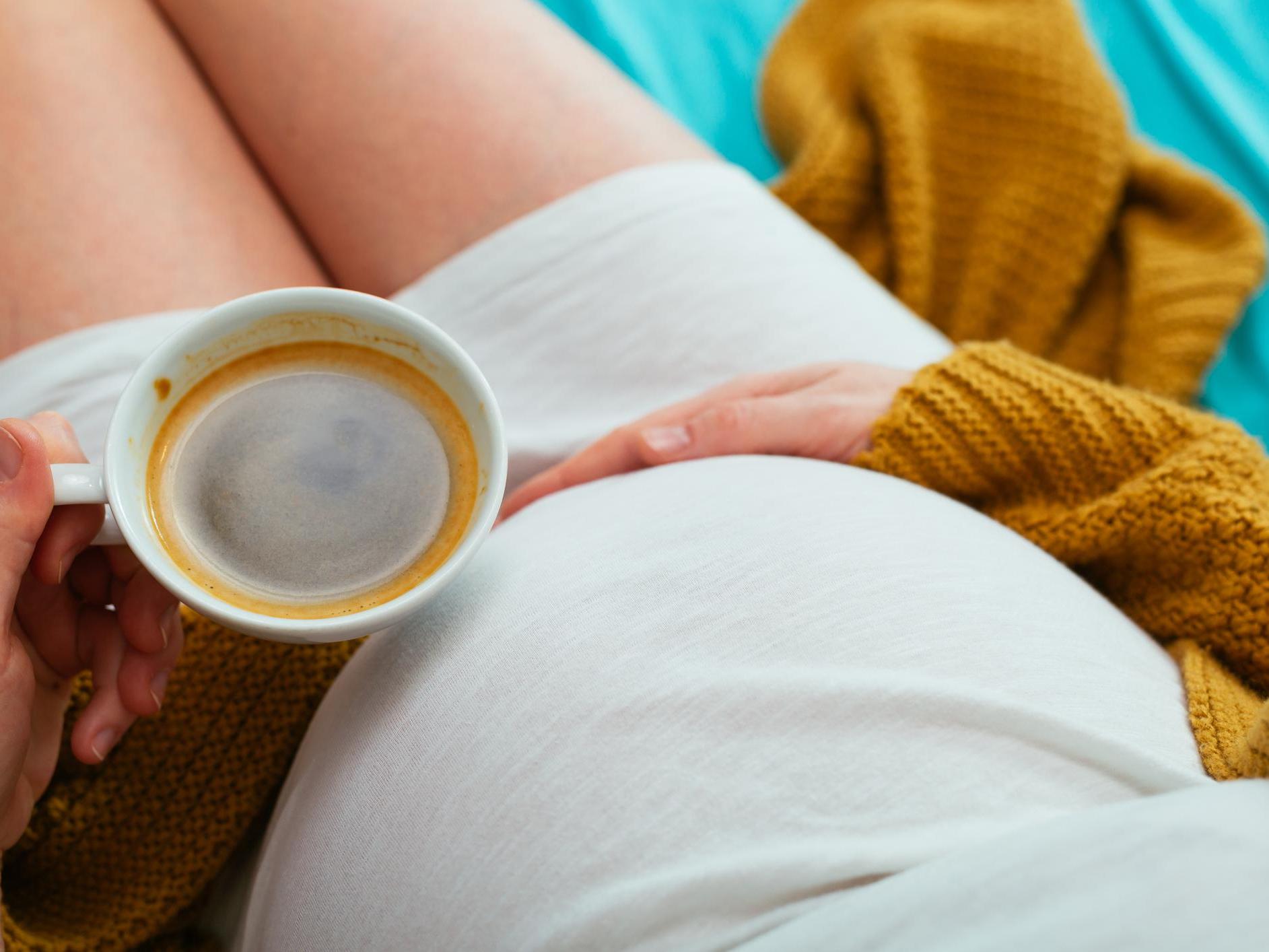No safe level of caffeine consumption for pregnant women and would-be mothers, study suggests
Researcher says current health recommendations are in need of ‘radical revision’

Your support helps us to tell the story
From reproductive rights to climate change to Big Tech, The Independent is on the ground when the story is developing. Whether it's investigating the financials of Elon Musk's pro-Trump PAC or producing our latest documentary, 'The A Word', which shines a light on the American women fighting for reproductive rights, we know how important it is to parse out the facts from the messaging.
At such a critical moment in US history, we need reporters on the ground. Your donation allows us to keep sending journalists to speak to both sides of the story.
The Independent is trusted by Americans across the entire political spectrum. And unlike many other quality news outlets, we choose not to lock Americans out of our reporting and analysis with paywalls. We believe quality journalism should be available to everyone, paid for by those who can afford it.
Your support makes all the difference.Women who are pregnant or trying for a baby should consider avoiding caffeine completely due to evidence suggesting there is no safe level of consumption, researchers have said.
An analysis of observational studies published in BMJ Evidence-Based Medicine found evidence to suggest maternal caffeine consumption was associated with negative pregnancy outcomes.
The widespread existing advice to pregnant women is consuming a small amount of caffeine – found naturally in food and drinks such as tea and coffee – each day will not harm their baby.
The NHS, the American College of Obstetricians and Gynaecologists and the European Food Safety Authority set this safe level of consumption at 200 mg of caffeine – the equivalent of roughly two cups of moderate-strength coffee per day.
But Professor Jack James, a psychologist at Iceland’s Reykjavik University, said such advice was “not consistent with the level of threat”.
His analysis concluded there was “substantial cumulative evidence” of a link between maternal caffeine consumption and diverse negative pregnancy outcomes such as miscarriages and childhood obesity.
The study carried out a review of current evidence on caffeine-related pregnancy outcomes to determine whether the recommended safe level of consumption for pregnant women was soundly based.
After examining data from 37 observational studies, Prof James found 32 of these studies reported that caffeine significantly increased risk of adverse pregnancy outcomes including stillbirth, miscarriage and low birth weight.
He also cited an increased risk of childhood acute leukaemia and children being overweight or obese when born to mothers who consume caffeine during pregnancy.
The review found evidence for a link in five out of six negative pregnancy outcomes, excluding preterm birth.
“Current advice such as that issued by ... the NHS is not consistent with the level of threat indicated by biological plausibility of harm and extensive empirical evidence of actual harm,” Prof James said.
“Accordingly, current health recommendations concerning caffeine consumption during pregnancy are in need of radical revision.”
He added: “Specifically, the cumulative scientific evidence supports pregnant women and women contemplating pregnancy being advised to avoid caffeine.”
Daghni Rajasingham, a consultant obstetrician and spokesperson for the Royal College of Obstetricians and Gynaecologists, said the study added to the large body of evidence supporting only limited caffeine intake during pregnancy, but did not mean pregnant women needed to completely cut out caffeine.
“As the study notes, high levels of caffeine during pregnancy can lead to miscarriage and babies having a low birth weight and may lead to excess weight gain in the child’s early years, which can increase risk of health problems later in life,” Mr Rajasingham said.
“However, as other – and potentially more reliable – research has found, pregnant women do not need to cut caffeine out entirely because these risks are extremely small, even if the recommended caffeine limits are exceeded.”
He added that the Royal College of Obstetricians and Gynaecologists’ recommended limit for caffeine intake (200 mg per day) still stood as before.
Additional reporting by PA
Join our commenting forum
Join thought-provoking conversations, follow other Independent readers and see their replies
Comments